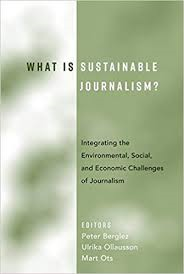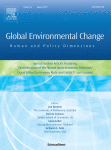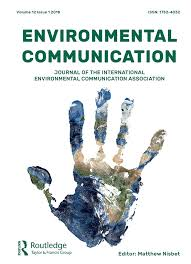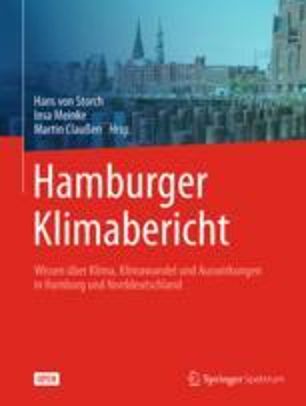Abstract
In diesem Beitrag geht es nicht um den anthropogenen Klimawandel, wie ihn die Klimawissenschaften definieren. Thema ist also nicht der langfristige Erwärmungsprozess der Erde, den die Menschheit durch die Emission von Kohlendioxid und den anderen klimawirksamen Gasen antreibt. Der Grundkonsens der Wissenschaft über diese Annahmen ist zum Beispiel in den Berichten der Weltklimarats (Intergovernmental Panel on Climate Change, IPCC, nachzulesen). Trotzdem, und darum geht es hier, gibt es eine öffentliche Debatte, in der die Existenz des anthropogenen Klimawandels heftig bestritten wird.
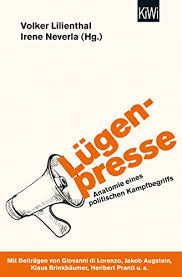
Brüggemann, Michael (2017): Die Medien und die Klimalüge. Falsche Skepsis und echte Leugnung. In Volker Lilienthal, Irene Neverla (Eds.): Lügenpresse. Anatomie eines Politischen Kampfbegriffs. Köln: KiWi, pp. 137–160.


